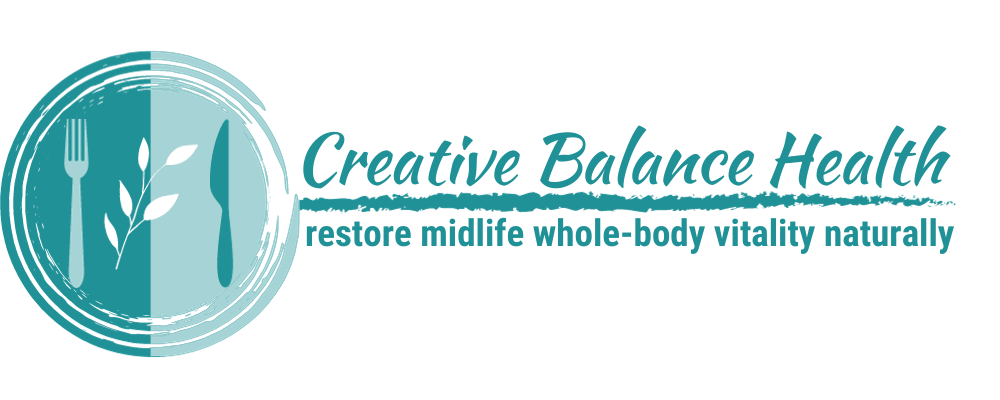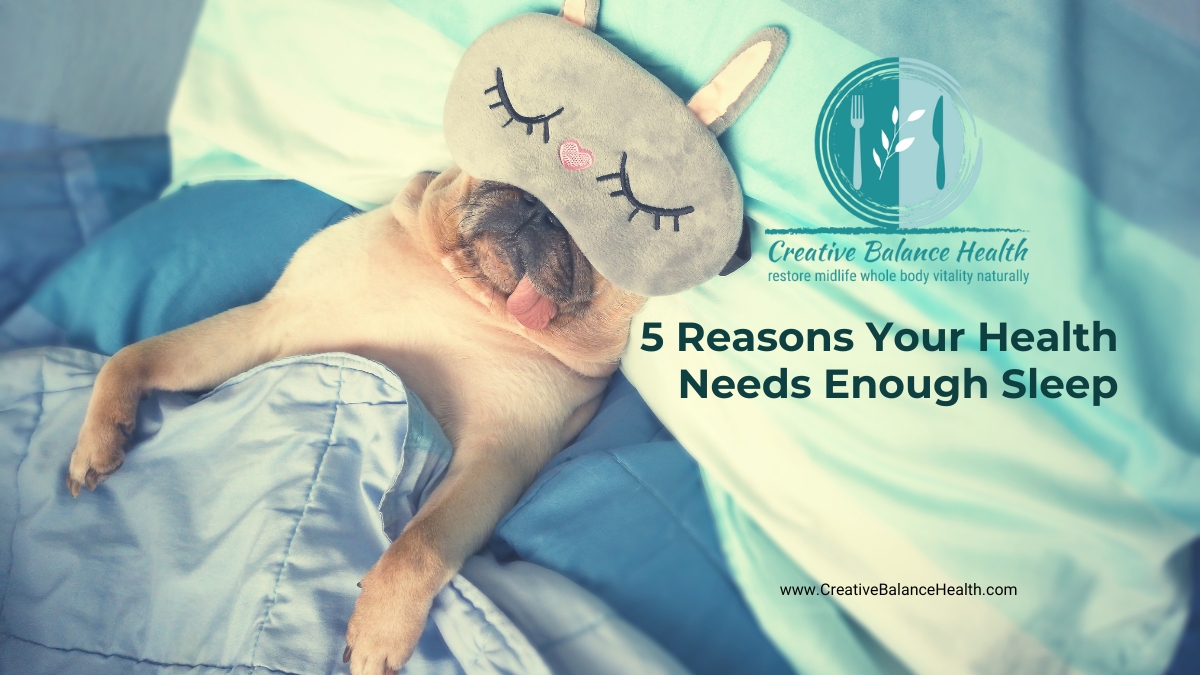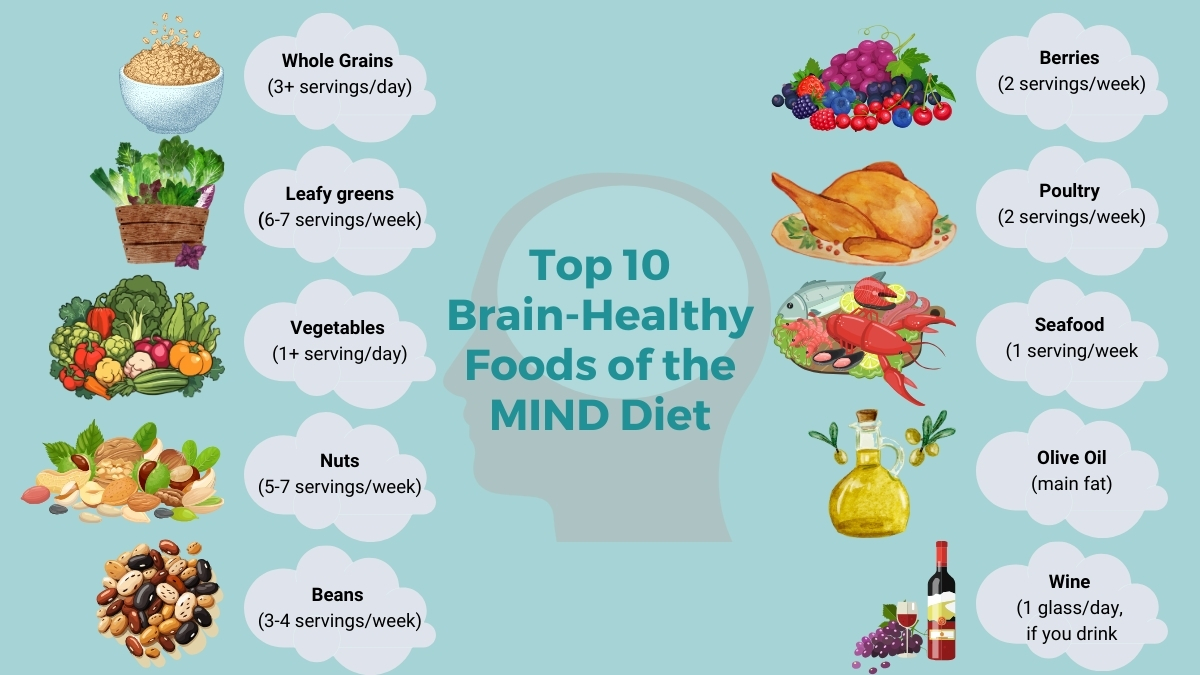Did you know that there is one thing you can do to improve all aspects of your health and well-being?
It’s true!
It can be hard to do consistently and difficult to make a priority, but studies show it makes all the difference!
That one simple thing that we all can do is – sleep!
While we had the opportunity to get an extra hour of sleep at the end of daylight savings time this past weekend, too many people report they are exhausted these days. It is estimated that over 70 million Americans suffer from chronic, long-term sleep disorders or occasional sleeping problems. Night owls, business workers, students, and parents alike – many of us struggle to get an adequate amount of sleep every night. This is also a common problem when we hit middle age and on to our senior years.
We already know that the average adult needs between 7-9 hours of sleep every night. Not getting 7 hours of undisturbed sleep daily on a consistent basis could be a major contributor to diminished productivity at work, mood swings, inability to lose weight, accidents, injuries, plus a long list of chronic diseases.
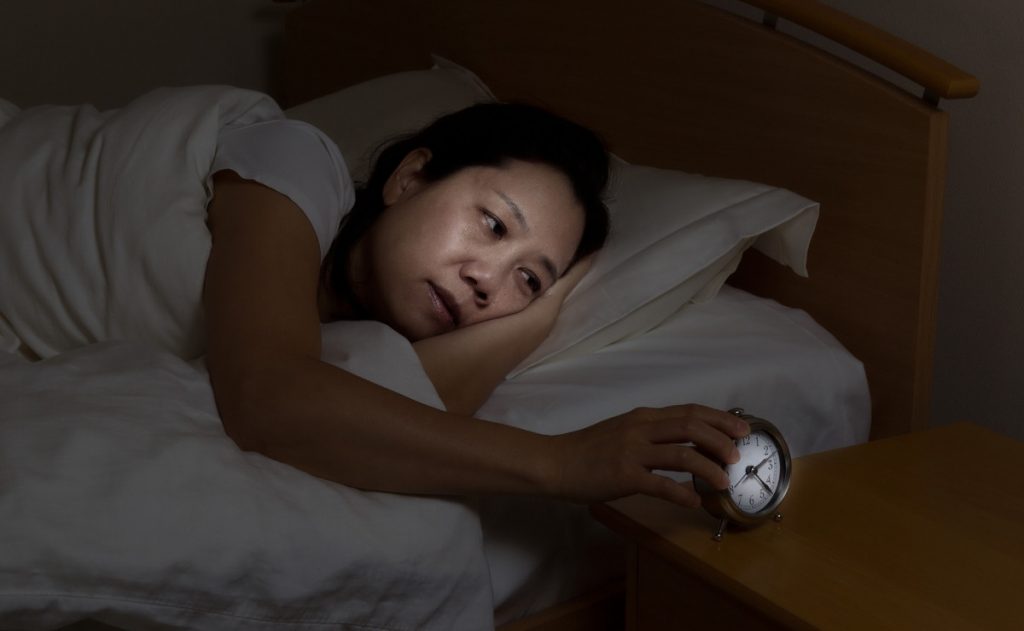
I‘ve experienced firsthand, the negative impact of not getting enough quality sleep for an extended time. Fifteen years ago, I found myself unable to get out of bed, constantly exhausted, foggy-brained and struggling to work and take care of my family. I had one cold after the other, no energy to exercise as my weight crept up, plus blurry vision and a developing autoimmune condition.
I was finally able to restore my health when I learned to make changes to my diet and stress level, but the most important step was to improve my sleep. After that and to this day, getting quality rest to restore and strengthen my body and mind has been my absolute top priority before anything else I do for my health. Now getting enough quality rest is a key area of focus I help my clients, to take back control of their health, energy, and weight naturally.
The science of sleep is constantly revealing new data, and the information is pretty remarkable. It’s been proven many times over that poor health can directly correlate with poor sleep quality. Conversely, poor health is often behind poor sleep. However, disrupted sleep patterns can be improved with a little investigation into the contributing factors and simple lifestyle adjustments.
So why is sleep so important? It’s so important that some researchers have found that “good sleep guarantees wellbeing and mental health”! Guarantees!
Read on to learn more about how sleep impacts your: vitality, productivity, memory, focus, mood, weight, immune strength, and ability to recover from illness and avoid serious chronic diseases.

5 Reasons to Get Enough Sleep
1. Sleep equals power. Without enough sleep, your body and brain are in overdrive. You’re not performing at your best, and this can lead to mistakes in your personal and professional life. More seriously, fatigue can lead to accidents behind the wheel, falls, and injuries. If you are unable to get between 7 and 9 hours of sleep daily, try to take a short midday nap. Ideally, your best sleep is continuous and for over 7 hours beginning at 10 PM.
2. Depriving your body of sleep can lead to severe health problems in the short and long term such as obesity, high blood pressure, heart disease, neurodegenerative diseases, diabetes, autoimmune conditions, and even mental health issues. When you sleep, your body is in “healing mode.” Not getting enough sleep shortens the time your body is actively working to repair the blood vessels and replenish its energy.
3. Ever sit through a lecture or work meeting and have no clue what was said 2 minutes before, much less the day before? You might be suffering from sleep deprivation. Gaps in memory or focus are signs that your brain is functioning at a slower rate than it usually would. When you sleep, your brain goes through a process called consolidation. Essentially, while you are sleeping, your brain is processing information that you have been learning that day. The more you sleep, the easier learning new languages, new subjects, or policies will be!
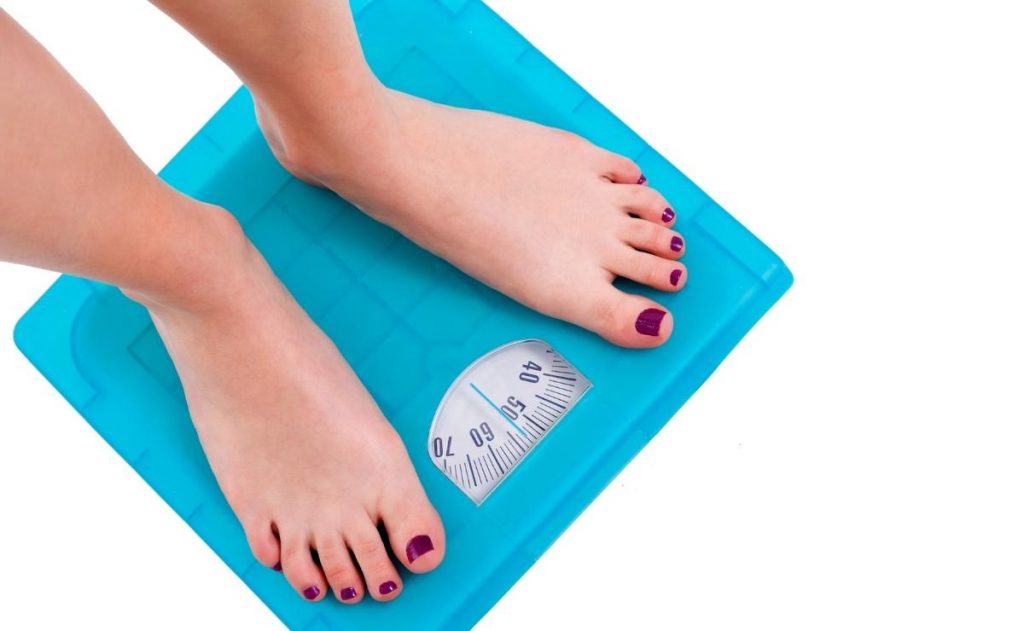
4. Getting enough sleep will aid in your weight loss goals! That’s right! Studies have shown that your metabolism is affected by a lack of sleep. In fact, individuals who got less sleep lost more muscle mass than individuals who got adequate amounts of sleep. More sleep has been proven to aid in fat loss! Who doesn’t want that?
5. Stress reduction is another benefit of getting the recommended 7-9 hours of sleep per night. Long days accompanied by long nights will put a lot of stress not only on your physical body but also on your mind. Think of sleep as your recharge. Without sleep, your body isn’t balanced. Internal physical and emotional stress leads to inflammation in the body, which leads to diseases such as cancer.
These are just a handful of the benefits of ensuring you get an adequate amount of sleep every night. Now you know why getting enough quality sleep can help improve your well-being and many, many health conditions. The health benefits are enormous when it comes to your energy, productivity, and focus. Quality rest is key in getting to and maintaining a healthy weight and boosting your immune system’s strength. Getting consistent 7-8 hours of restorative sleep lowers your risk for chronic autoimmune conditions, mood disorders, and dementia.
Using functional labs to discover what underlying health issues could be contributing to poor sleep and then making simple yet impactful lifestyle changes to improve it, is one way I help my clients to take back control of their health and weight naturally. As a result, they are able to restore their spark and business vitality and feel good in their bodies again. I may be able to help you too! Schedule your free 30-minute Health Discovery consultation to learn how.

Quick Tip: Have trouble falling asleep? Boil 2 organic bananas with the peel on for 15 minutes in a small pot of water. Drink the liquid 1 hour before bed. The magnesium in combination with the potassium will react in a similar way the sleeping pill does, aiding in getting a good night’s sleep. However, banana tea is natural and avoids introducing your body to foreign chemicals such as the ones found in sleeping pills! Give it a try!
References:
https://www.cdc.gov/sleep/about_us.html
Magnavita, N., & Garbarino, S. (2017). Sleep, Health and Wellness at Work: A Scoping Review. International journal of environmental research and public health, 14(11), 1347. doi:10.3390/ijerph14111347. https://www.ncbi.nlm.nih.gov/pubmed/29113118; https://www.ncbi.nlm.nih.gov/pmc/articles/PMC5707986/
